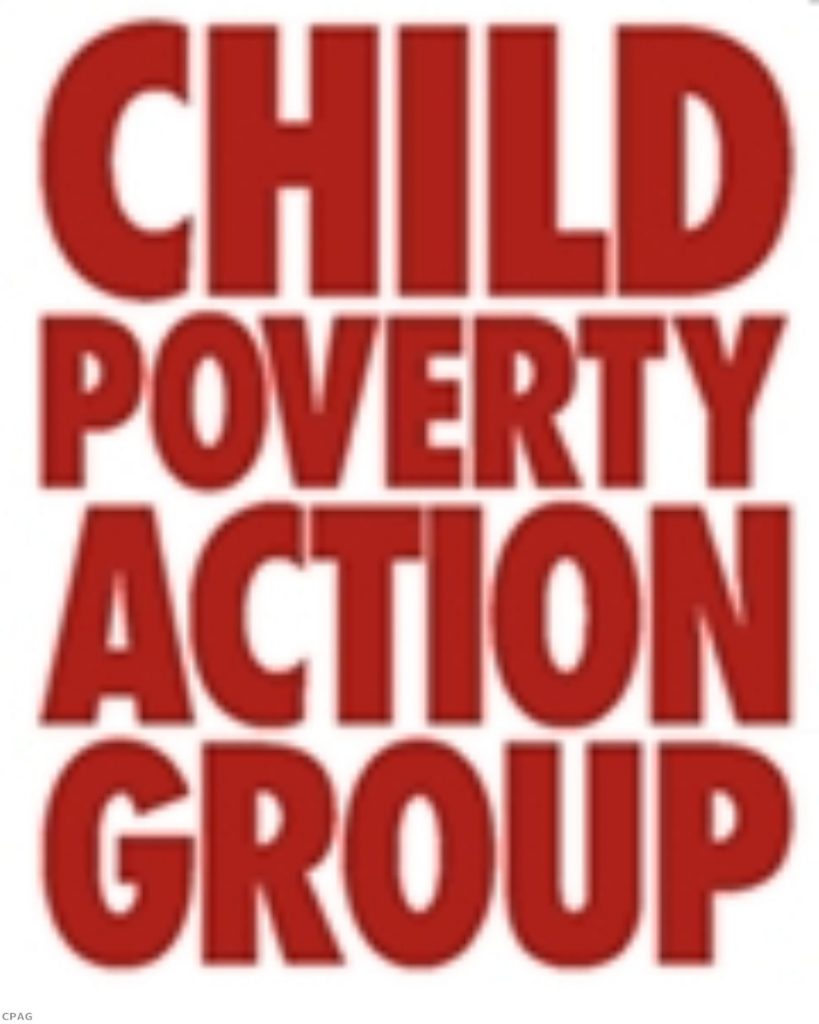CPAG: Budget leaves poorest families abandoned on the frontline of austerity
Responding to today’s Budget Statement, Alison Garnham, Chief Executive of Child Poverty action Group, said:
“The Chancellor described it as a budget for families with children looking to work hard and aspiring to get on, but most low income families have very few reasons to be cheerful and plenty to be fearful. Child poverty is set to increase by 600,000 children during the Coalition’s time in office, and there is nothing much in the Budget that will change this course."
“Raising the personal tax allowance does little good for the lowest paid million workers. Some don’t pay tax anyway, while others keep just 15p in every extra pound because their in-work benefits like housing benefit get withdrawn. Calls by family welfare campaigners to increase the housing benefit earnings disregard, so they get the same full gain as higher earners, have yet again fallen on deaf ears in the Treasury.
“It’s a great disappointment for struggling families that the majority of extra funds for childcare will be going to the wealthiest families. The real challenge is to make childcare affordable for those at the bottom end, so that there are strong incentives for second earners and single parents. That would do much more to help reduce child poverty, and it would help economic recovery too.
“The families facing the hardest struggle remain abandoned today on the frontline of austerity, which also means they don’t have the spending power businesses need to get back to growth and create new jobs. It would be far better for family welfare, business growth and reducing the deficit if families were at the frontline of economic stimulus – countries that took this approach when the economic crisis started have recovered much more strongly that the UK.”
ENDS
Notes to Editors
· Absolute child poverty is forecast to increase by 600,000 from 2010 to 2015 as a consequence of the direct impact on family incomes of the Coalition’s spending decisions. CPAG does not expect the measures announced today to have any significant impact on this forecast. For more detail, see the CPAG press release from 18 march 2013: http://www.cpag.org.uk/content/coalition-policies-push-600000-children-absolute-poverty-2015
· The rise in the personal tax allowance mainly benefits the top income deciles, as shown by this chart produced by the Resolution Foundation: http://www.resolutionfoundation.org/blog/2013/Mar/20/easing-squeeze-tax-cut-all/
· The increase in the personal tax allowance will mean an income boost of just 32p a week for most of the lowest earning income tax payers. This is because they have 65% of the gain tapered back through the Housing Benefit (HB), and 20% tapered back through their Council Tax Benefit (CTB).
The table below shows how much is gained by different earners according to whether their earnings are low enough to claim HB and CTB. It gives figures for (1) the increase in the personal allowance announced today; and (2) the total increase to the personal allowance between 2010 and 2014.





-01.png)